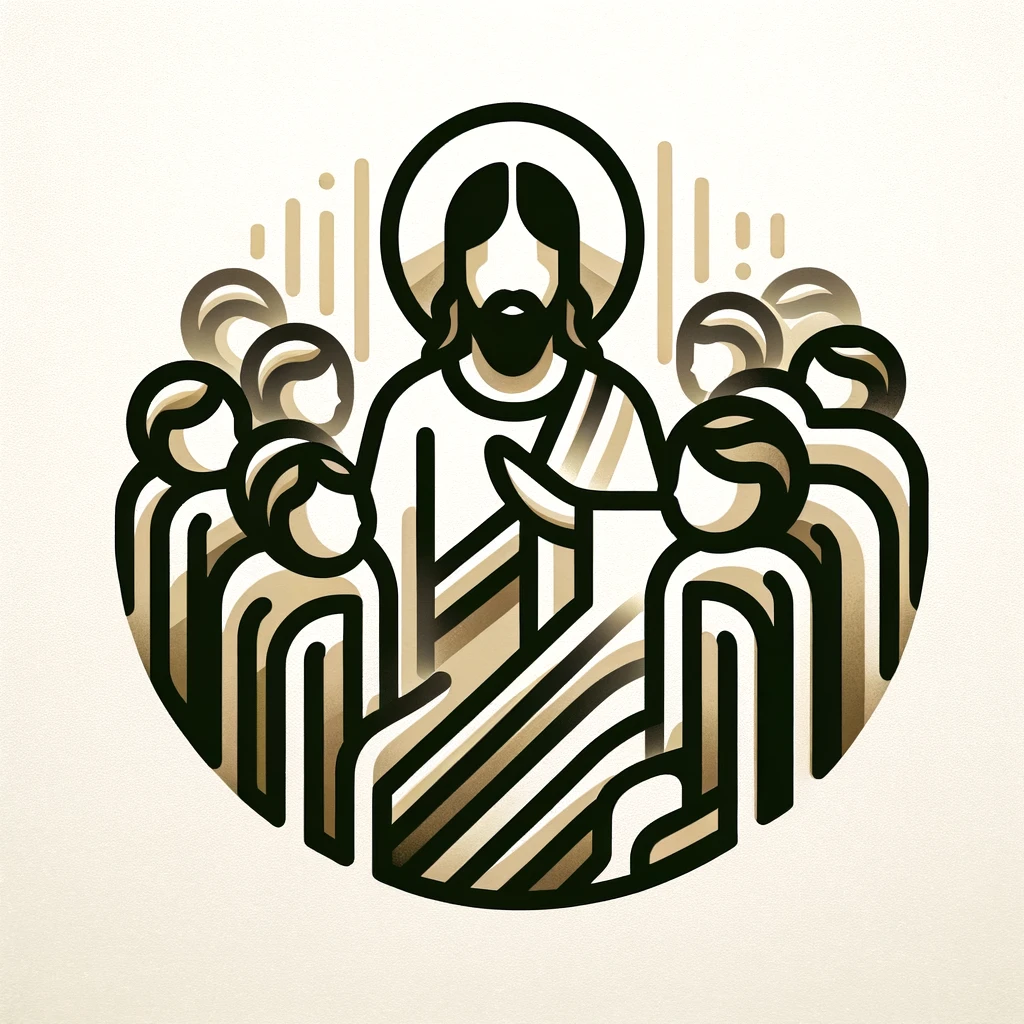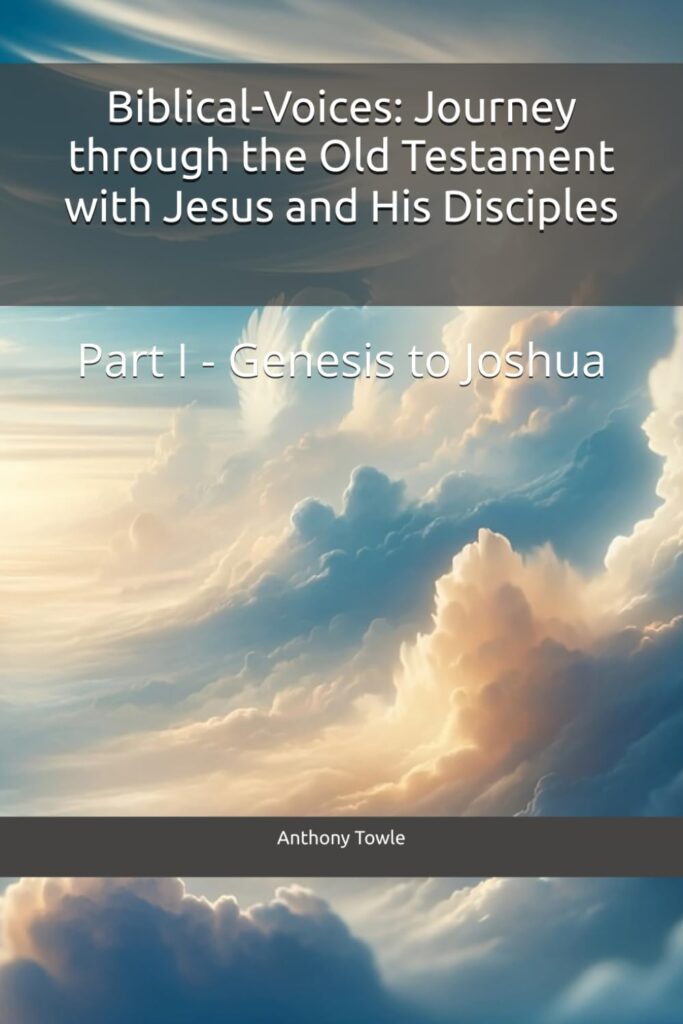Jesus: “The stories of the Old Testament are rich with narratives that present moral conflicts, illustrating the complexities of human nature and the profound need for guidance and redemption.”
Peter: “For instance, the story of Abraham being asked to sacrifice Isaac is troubling. How should we understand such a test of faith?”
Jesus: “Peter, this story is indeed a profound test of faith, emphasizing trust in God above all else. It teaches about obedience and the belief that God will provide, even in the most distressing circumstances. The resolution, with God providing a ram as a sacrifice, underscores His provision and mercy.”
Andrew: “What about Jacob deceiving Isaac to receive the blessing meant for Esau? It’s hard to grasp the deception involved.”
Jesus: “Andrew, the story of Jacob and Esau teaches us about the consequences of deceit and the complexities of God’s plans. Even through human imperfection and deceit, God’s purposes are ultimately fulfilled. This narrative also leads to lessons about reconciliation and the power of forgiveness, as seen in the brothers’ later life.”
John: “And then there’s King David, a man after God’s own heart, yet he committed adultery with Bathsheba and even arranged for her husband’s death.”
Jesus: “Yes, John. David’s story is a poignant reminder of the susceptibility of even the most devout to sin. Yet, it also shows the depth of true repentance and the possibility of forgiveness. David’s sincere contrition and God’s response highlight the themes of repentance, forgiveness, and the consequences of our actions.”
Philip: “How should we navigate these stories, Lord? They often show God’s chosen ones in moments of moral failure.”
Jesus: “Philip, these stories serve as mirrors reflecting the complexity of human nature and the need for divine guidance. They teach us about grace, the importance of repentance, and the reality that no one is beyond redemption. They also remind us that God can work through our imperfections to fulfill His purposes.”
Matthew: “It seems these conflicts and the resulting stories are there to teach us lessons, not just about the individuals involved but about broader truths applicable to all of us.”
Jesus: “Exactly, Matthew. Each story, with its conflicts and resolutions, is a narrative from which we can learn about faith, morality, and the nature of God’s relationship with humanity. They encourage us to reflect on our own lives, to seek wisdom, and to strive for a closer relationship with God, learning from the past to live better in the present and future.”
Simon the Zealot: “So, in studying these stories, we should look for the lessons and guidance they offer, rather than just the actions of the individuals?”
Jesus: “True, Simon. Look beyond the surface to understand the deeper truths and divine principles at play. These stories are part of a larger narrative of redemption, pointing towards the need for a savior and the fulfillment of God’s plan through my coming.”

